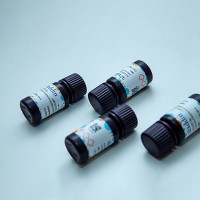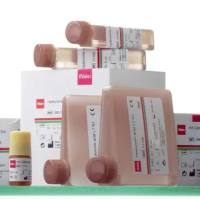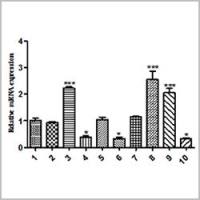Using Real-Time Polymerase Chain Reaction to Quantify Gene Expression in Plants Exposed to Radioactivity
互联网
378
Plants have the ability to take up harmful substances and then store or metabolize them. This suggests the possibility of phytoremediation of soil contaminated with organic, inorganic, and radioactive substances, all of which are difficult to remove from soil with conventional methods. Phytoremediation is becoming an important tool for decontaminating soil, water, and air by detoxifying, extracting, hyperaccumulating, and/or sequestering contaminants, especially at low levels where, using current methods, costs exceed effectiveness. The genome of Arabidopsis thaliana has recently been sequenced and it has been shown that various of its genes can have an impact on its uptake of harmful substances. To identify and analyze all the genes that might be useful for phytoremediation is desirable because plants might then be engineered for faster and more precise phytoremediation. Here, a method is described for using real time-PCR to monitor gene expression in plants exposed to radioactivity. This method can monitor the expression of phytoremediationrelated genes under a variety of conditions. The experiments described here focus on DNA-repair genes and show how analyses can be extended to whole-genome studies of phytoremediation-related genes using DNA microarrays. A method to grow A. thaliana in hydroponic cultures is also outlined.









